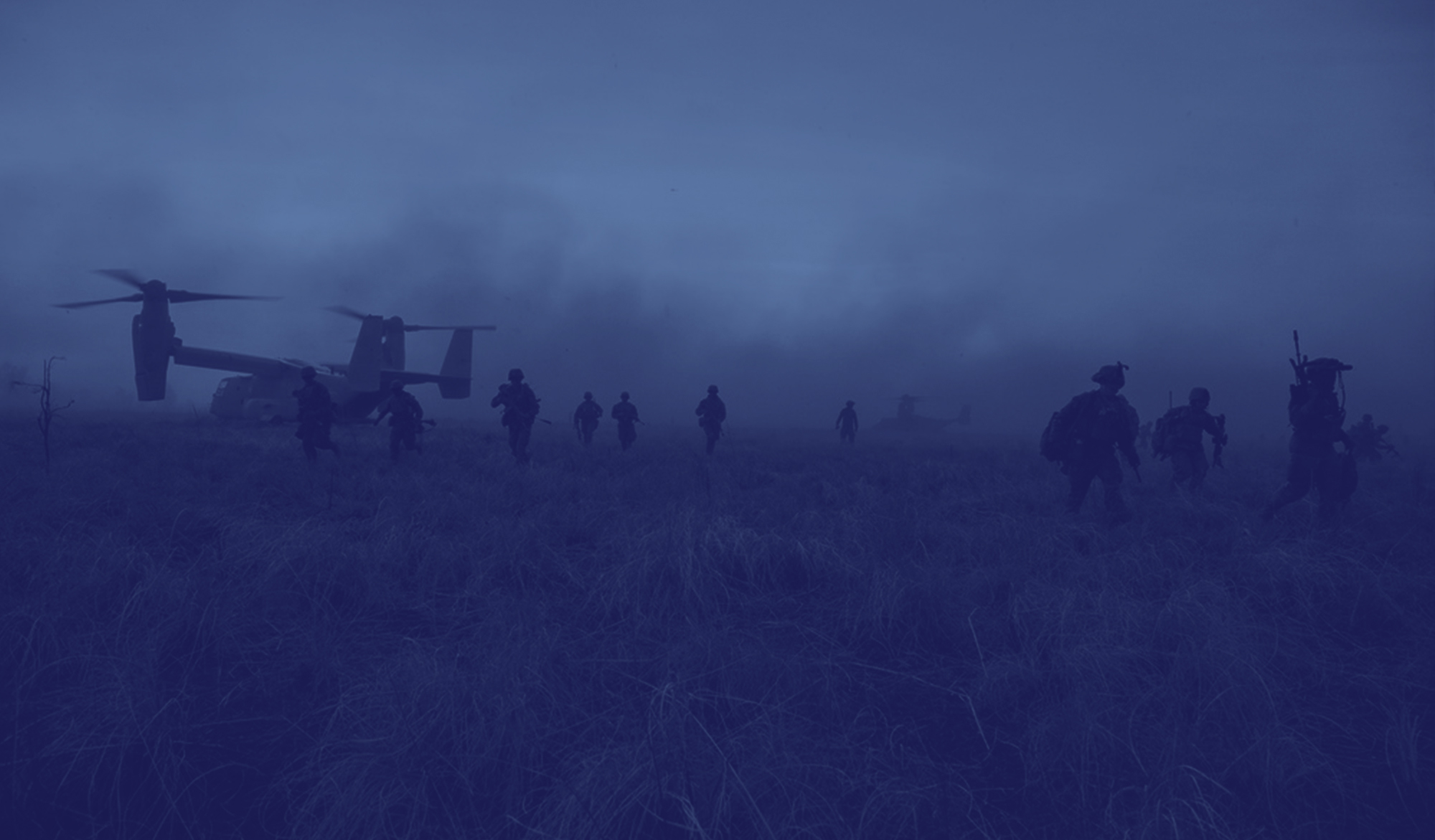
First female Marine from U.P. recalls service to country
BY: DEBORAH PRESCOTT

ESCANABA — Stevie Severson is a patriot, and was determined at a young age to enlist into the armed forces straight out of high school. She would have to wait, prove her identity, and convince her parents to approve her enlistment before she could become a United States Marine. After delays not of her own doing, Severson became the first lady from the Upper Peninsula to enlist into the United States Marine Corps (USMC).
“I graduated from school and my classmates were joining the Army, and I thought ‘well I could do that,’” Severson said. “But there was no branch (for women) yet. Then the WAACs (Women’s Army Auxiliary Corps) came out, and I went with two girlfriends to downtown Chicago to sign up for the WAACs. They told me I had to be 20, and I was 18.”
Severson was told by the Army recruiters to come back when she was old enough to join.
On Dec. 7, 1941, Severson was in Chicago working in the department store Sears, Roebuck & Co., biding her time, patiently working and planning to enter into the service.
“I was working for Sears in Chicago, and I was on my lunch hour, I was going through the radio area,” Severson said. “And they were … yelling on the radio … this happened, and that happened, and it’s Pearl Harbor that was attacked.”
One of Severson’s cousins was in the Navy at that time and was injured on a ship that was bombed during the attack on Pearl Harbor. That impacted Severson deeply and she was more determined to enlist.
During the two years Severson was told to wait by the WAACs, the Marine Corp developed a branch that added women to the corps, and called it the Marine Corps Women Reservists (MCWR).
“I read up everything I could and I decided that’s for me,” Severson said.
She went to Chicago’s downtown USMC office by herself, with the intent of getting more information. Instead, she walked out a Marine.
When her family heard she enlisted into the Marines, they laughed and didn’t believe her.
“‘Oh you’re kidding’, ‘yeah sure’ … they laughed, you know,” said Severson.
After the excitement of enlisting, Severson had to wait a month before she saw any paperwork.
“That was a long wait,” Severson said. “I wanted to go. I was ready to go. It was ’43 and the war was hot.”
According to Severson, her parents didn’t want their only daughter to go overseas. Severson reminded her mother of her own adventure when she was young.
“My mother came from Europe, alone, when she was 16,” said Severson. “She couldn’t read or write, but yet she found her father in Perronville (Mich.). So, when she said she didn’t want me to join, I said ‘look mom, I’m 20, you were 16. I can speak the language.’ She finally said ok,” Severson said.
Her parents finally signed for Severson to enlist.
“But I had to fight for it,” said Severson.
Severson was asked by the USMC to choose three areas of schooling she would be interested in, but ended up as a radio operator. She admits there was a little reservation when it came time to leave home and head to boot-camp.
“As I was standing on the train, in the middle of the last car, I thought, ‘what am I doing?’” said Severson. “My family is waving and my mother is crying, a whole bunch of aunts and uncles are seeing me off … I’m leaving everybody I know, and I’m going to parts unknown.”
For Severson, boot camp was Hunter College in New York City. Because barracks were not ready in time, Severson and the other enlisted women took over college campuses and the girls studying at the college had to relocate to other places to live. After boot camp, Severson went to reading school at Miami University in Oxford, Ohio. There she had seven months to learn Morse code.
“They pushed us to learn, fast,” said Severson. “Lots of study, study, study. It (Morse code) is obsolete now, but we had to learn it, or you didn’t pass. I made corporal after I graduated.”
Severson remembers some Morse code to this day. She sent messages across the United States during World War II, but never overseas.
“I sent a message to Tyrone Power once, a popular movie star in the mid-40s,” Severson said with a smile.
Severson met her husband (Steve) while in the military, then married and raised a family with him after her time in the USMC. They were a military family and moved every two to three years. Places she remembers fondly are, Puerto Rico, Hawaii and Fort Churchill, Manitoba, Canada.
“Canada got up to 49 degrees… below. But we had triple windows, and connecting halls from one building to another,” said Severson. “We really never had to walk outside.”
“Polar bears would walk by, now that was interesting,” said Severson.
The Seversons had three children, two daughters and a son. One daughter was lost to colon cancer at the age of 64. Her son retired from the Army, and her other daughter retired from office work.
“My kids are getting old, and that’s hard to believe,” Severson laughed.
Severson and her husband were married 65 years. He passed away at the age of 87 after suffering from the effects of Agent Orange.
“My husband worked hard to become an officer. I was proud of him,” said Severson.
Reprinted from Daily Press
